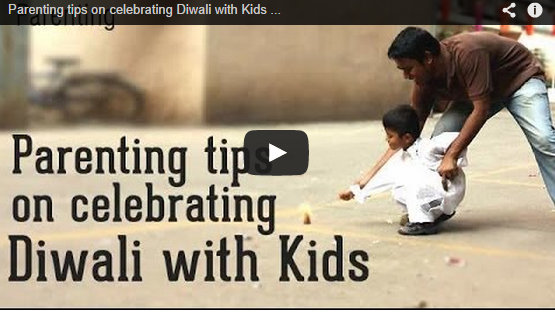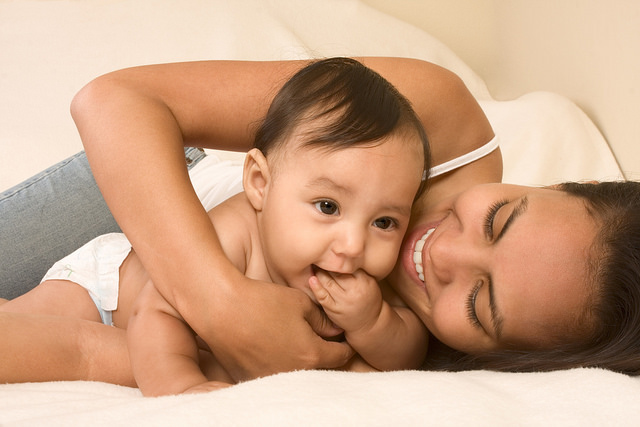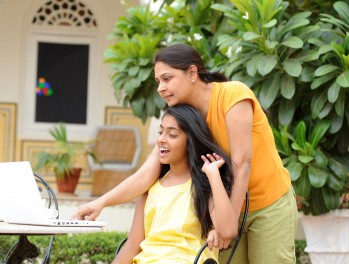Vaccines will protect your child against various infections and even fatal diseases.
So which of these are the required vaccinations for children? Here is a brief guide on the top 10 vaccines for children.
Mandatory Vaccines
BCG
The BCG or the Bacillus Calmette–Guérin vaccine is used against tuberculosis and is given to the baby soon after birth.
The vaccine prevents severe forms of TB from affecting kids.
However, it cannot stop TB from becoming active in adolescents and adults at a later stage.
Polio
Poliomyelitis as the disease is known, is a disease affecting the nerves thereby causing paralysis and permanent disability.
There are two types of vaccine against polio.
- IPV or inactivated polio vaccine which is an injection
- OPV or oral polio vaccine administered orally.
The OPV is a mandatory vaccine that is given free of cost to children below five years of age under the Pulse Polio Program of the government.
IPV is generally given when the baby is 2 months, 4 months, 6-18 months and as a booster dose at 4-6 years.
Measles
Measles is a viral infection which when left untreated can lead to pneumonia, brain infection and at later stages even death.
The MMR vaccine an immunization vaccine against measles, mumps, and rubella and hence the name.
This vaccine is a mandatory vaccine given to a toddler when it is nine months old. A booster dose of this given at the age of 15 months.
DPT
DPT is an injectable vaccine used to immunize against diphtheria, pertussis, and tetanus (and hence the name).
- Diphtheria starts as a sore throat and can be deadly.
- Tetanus is an infection of wound but can affect muscles and nerves of body and can be fatal.
- Pertrussis is whooping cough which affects lungs but can later lead to brain damage and death.
There are various types of DPT vaccines that are given to the baby at around 6, 10 and 14 weeks. The booster dosage is given around 15-18 months and also at 5 years.
Optional Vaccines
Hib
The Hib vaccine treats Haemophilus influenzae type B bacteria which strikes kids under the age of five.
The disease can enter lungs and blood stream and can cause pneumonia, infection of blood, bone joints etc.
Hib is generally given to children at the age of 2 months, 4 months, 6 months and 12-15 months of age.
Influenza
This vaccine is given for children above 6 months of age and is used to treat viral infections caused by influenza virus.
Rotavirus
This virus affects gastrointestinal tract causing gastroenteritis. These infections are generally severe for children who are under the age of 3-24 months old.
Depending on the brand 2-3 oral doses are given at 2, 4 and 6 months of age.
Pneumococcal
This vaccine protects against a group of diseases caused by streptococcus pneumoniae bacteria and can effect lungs, blood and brain.
The Indian Academy of Pediatrics recommends 3 doses at 6, 10, 14 weeks and a booster dose at 15 months for children.
Hepatitis A
This vaccine protects against hepatitis A which leads to jaundice and liver infection.
There are 3 vaccines Biovac, Havrix and Avaxim in India against Hepatitis.
The Hepatitis A vaccine is either single or double depending on the type of vaccine used.
Hepatitis B
This vaccine protects against HBV virus which can cause acute hepatitis.
Three doses are given, one at birth, 6 weeks and then when the baby reaches 14 weeks.
It is always a good idea to discuss the vaccination schedule for children with a paediatrician and learn the required vaccination for the children.






